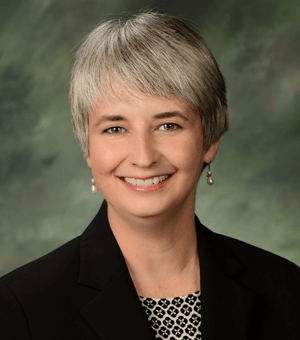Recruiting top talent and retaining key employees is vital to growing a successful business. Millennials, those born in the early 1980s to the late 1990s, now make up the largest segment of the workforce. Providing equity-based compensation can be an effective tool to attract and incentivize the new workforce, especially for start-ups that are long-on potential but short-on cash. The tax consequences of equity-based compensation are different for corporations and LLCs taxed as a partnership. This column will focus on LLCs taxed as partnership, which we will refer to simply as LLCs.
Say a promising life sciences company would like to make their top research scientist, Wizard, a 5 percent owner of the LLC. The founder, Hannah, asks her CPA for help structuring this arrangement. Her CPA is happy to help and asks Hannah the following questions:
- What is the current value of the LLC?
- Will Wizard’s interest be fully vested?
- Will this be a capital interest or a profits interest?
Hannah responds that the LLC is currently worth $1 million, Wizard’s interest will be fully vested and finally Hannah asks her CPA to explain how capital interest and profits interest both work. Let’s start with capital interests.
Capital interest: A 5 percent capital interest would entitle Wizard to 5 percent of all future distributions. For example, if immediately after Wizard becomes an owner the LLC sold its business for $1 million and distributed the proceeds, Wizard would receive a $50,000 distribution. Wizard has taxable compensation upon receipt of his capital interest in the amount of $50,000 and at-the-source income tax withholding and payroll taxes apply. Assume that the employee portion of these taxes is $16,667 (33 percent) and the employer portion is $3,825 (7.65 percent). The employee taxes can be paid for by either Wizard or the LLC. If the LLC pays Wizard’s taxes, that payment is also taxable compensation to Wizard.
Now that Wizard is an owner, each year he will receive a Schedule K-1 from the LLC. LLCs do not pay tax; instead the owners report their share of the LLC’s profits or losses on their tax return, whether or not distributed by the LLC. The Schedule K-1 is used by the LLC to inform each owner of their respective share of that year’s profits. It is customary, but not required, that the LLC also make periodic cash distributions to the owners to pay their taxes on the LLC’s profits.
Since Wizard is now an owner under IRS rules he can no longer be an employee. Instead of wages, he will receive guaranteed payments. As these guaranteed payments are not subject to at-the-source withholding, Wizard will need to make quarterly estimated tax payments. Additionally, previously tax-free fringe benefits will be now be taxable to Wizard.
Hannah is confident that Wizard can handle the increased tax reporting complexity resulting from being an owner rather than an employee, but she is concerned about the taxes due to the IRS at the time of the grant of a capital interest. She would like to preserve the LLC’s cash to grow the business and does not want to ask Wizard to come out-of-pocket for the taxes. A profits interest may be the answer.
Profits interest: A profits interest would limit Wizard’s distribution rights to his share (5 percent) of the income and gains that are attributable to the period after Wizard became an owner. Unlike a capital interest, as the liquidation value is zero, the receipt of a profits interest is not taxable at grant. Thus there is no need for either the LLC or Wizard to come out of pocket for payroll taxes. As with the capital interest, Wizard will receive a Schedule K-1, will need to make quarterly estimated taxes and fringe benefits will become taxable. Finally, the LLC will be subject to additional capital account compliance that is outside the scope of this column.
While designing an equity-based compensation package can be a challenge, it can also help growing businesses compete in the changing environment.
Angela Woodward is a senior manager at Opsahl Dawson. Her practice focuses on partnership taxation and high net-worth individuals. She can be reached at 360.767.8007.


